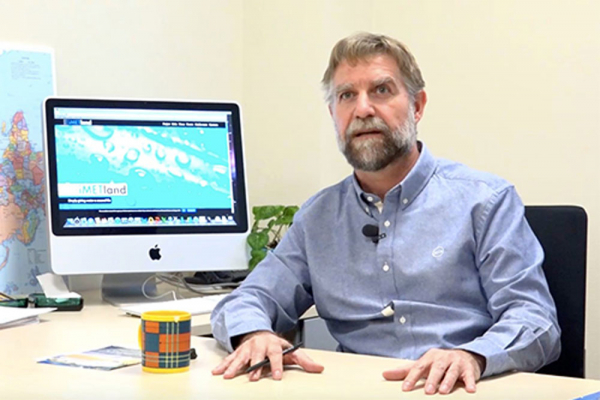iMETland, a project coordinated by a UAH professor, among Europe's top three in biotechnology
The H2020 iMETland project has been chosen among the top three in Europe by KETBIO experts, a Community initiative for the transfer of biotechnological research results.
The three winning projects have been selected by KETBIO experts. To this end, more than 300 projects financed by European programs have been analyzed, of which 79 have been examined in depth to select the ten finalists.
The proposal, classified in second position, has been coordinated by the BIOe Group, led by Professor Abraham Esteve Núñez, who belongs to the Department of Analytical Chemistry, Physical Chemistry and Chemical Engineering of the UAH. Since 2009, Dr. Esteve has led the BIOe Group, whose research focuses on microbial electrochemistry and its applications in various fields, such as wastewater treatment.
According to the evaluators, iMETland is a 'great application' with 'good growth potential in environmental biotechnology markets'. The project has shown that urban wastewater can be cleaned sustainably and suitable for irrigation, without energy cost. The process is achieved by using bacteria that produce electric current from contaminants.
iMETland units already operate in different locations and can be integrated into small communities or isolated homes, with a plant-based solution that increases their visual appeal. The concept is ready for commercialization through the company METfilter, founded for this purpose by IMDEA Agua and the CENTA Foundation.
KETBIO is an initiative funded by the Horizonte2020 program, whose objective is to increase European innovation capacity. Biotechnology research is seen as a major driver in the circular economy, providing key tools in different fields, such as bio-financing, marine and freshwater technologies, energy and waste conversion, food, feed and textile production, and agriculture, among others.
Publicado en: Inglés
